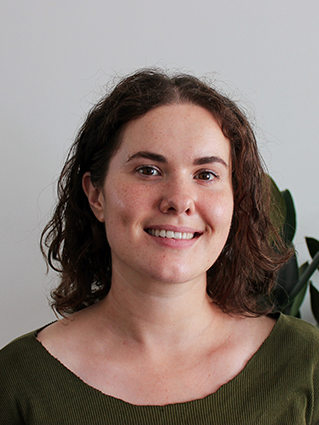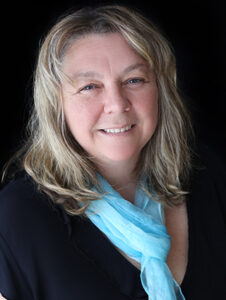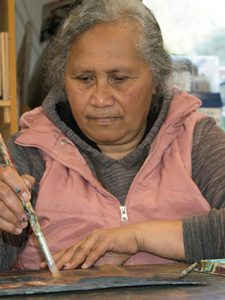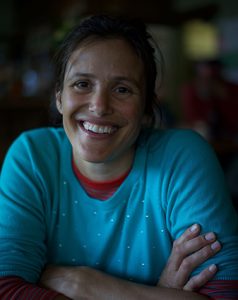Māpura Studios is a special place –
a fusion of the creative arts, therapeutic process, of caring and sharing, acceptance and inclusion, of celebration, fun and friendship, advocacy and a vision of equality.
Above all, it’s a place where you can come and be yourself.
We use the process of art making and the power of art therapy to help people heal, to discover who they are, and to gain self-confidence.
Māpura accepts everyone for themselves.
We use art as a means for people to have their say, to connect with each other and to gain an improved sense of health and well-being.
We are passionate about what we do and believe that creativity changes lives.
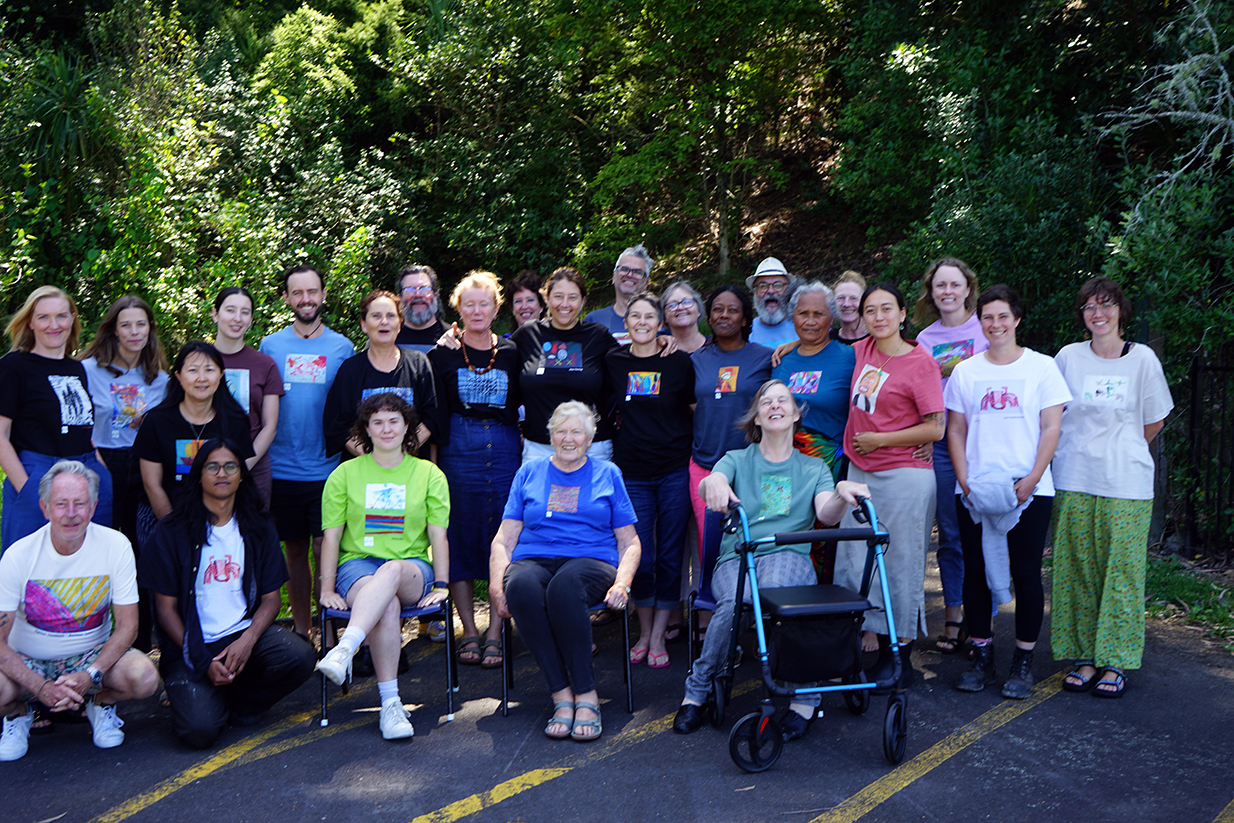
Image: Māpura Studios Team February 2024
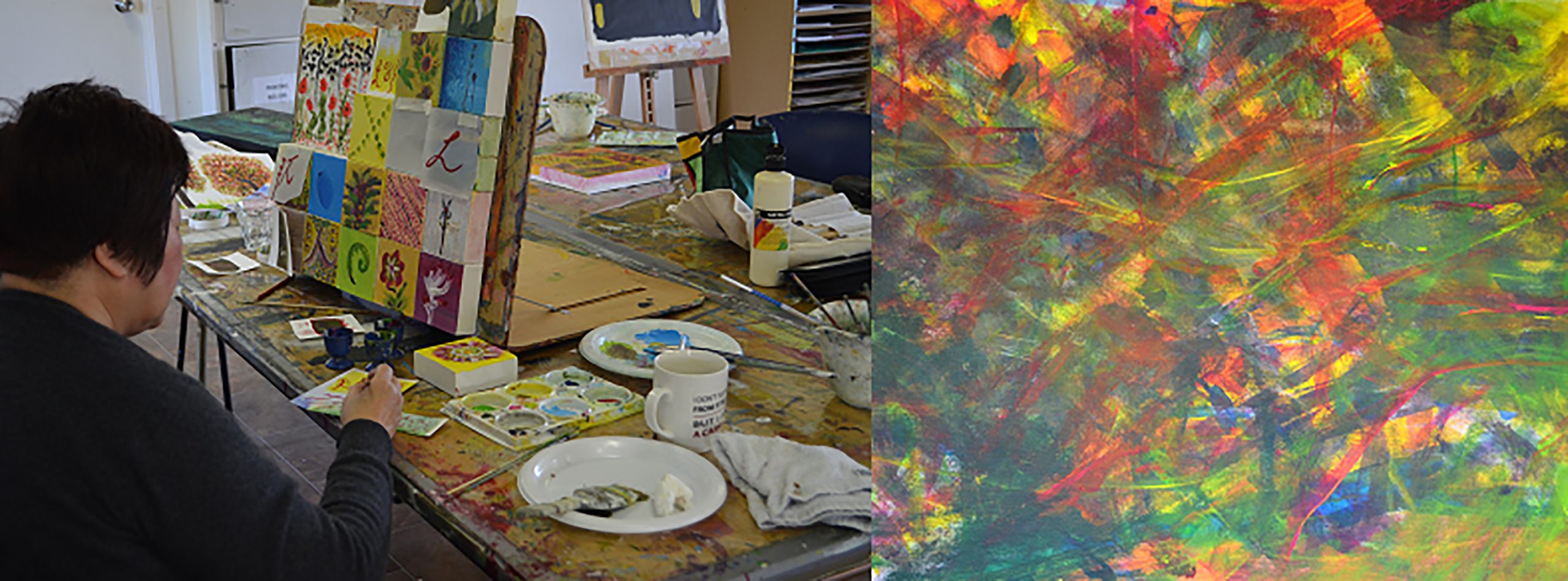
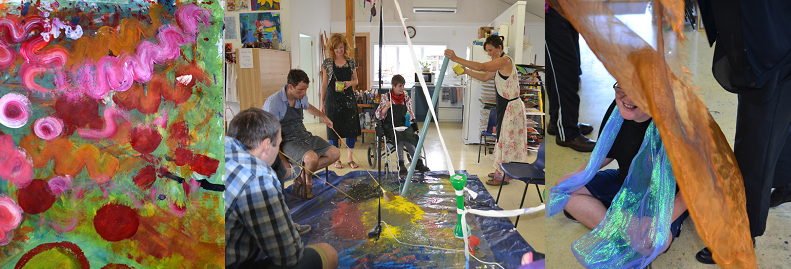
Our official name is Panacea Arts Charitable Trust.
We began life back in 1996 when Jeannette Baalbergen was completing a diploma in Teaching for People with Disabilities at the Auckland College of Education.
Her vision was to assist in the formation of a self-sufficient, co-operative organisation where people of all abilities could celebrate their creativity and be empowered to become valued members of their own communities.
In 1999 she met Iain Crichton, a professional potter who also had a keen interest in developing art options for people with disabilities.
In March 2000 Jeannette and Iain officially registered Panacea Arts as a charitable trust and began working at the Fellowship of Artists in Mt Eden.
In 2004 the studio moved to its present location in Fowlds Park.
Suzanne Vesty, a practising artist and experienced arts therapist, was appointed as Director in 2007 and the organisation became known as Spark Studio. Suzanne introduced more artistic rigour to the visual arts programmes being offered and to the vision and policies of the studio.
A 2008 contract with TEC (Tertiary Education Commission), responsible for the adult education classes offered by many educational organisations at the time, allowed Spark to develop and offer several programmes to disabled adults. These were fully funded by TEC.
Unfortunately, a change of government abolished the adult education regime in 2009 and Spark was forced to refocus its direction. Suzanne was contracted by Corrections to provide art classes to inmates and for a time this income supported the studio’s other activities.
Suzanne left Spark Studio in 2015, having transformed the organisation into a centre of visual arts learning, incorporating a unique blend of arts therapy and arts practice. One of her main legacies was the development of an arts therapy programme for people affected by stroke. This programme, re-stART, is one of our flagship programmes today.
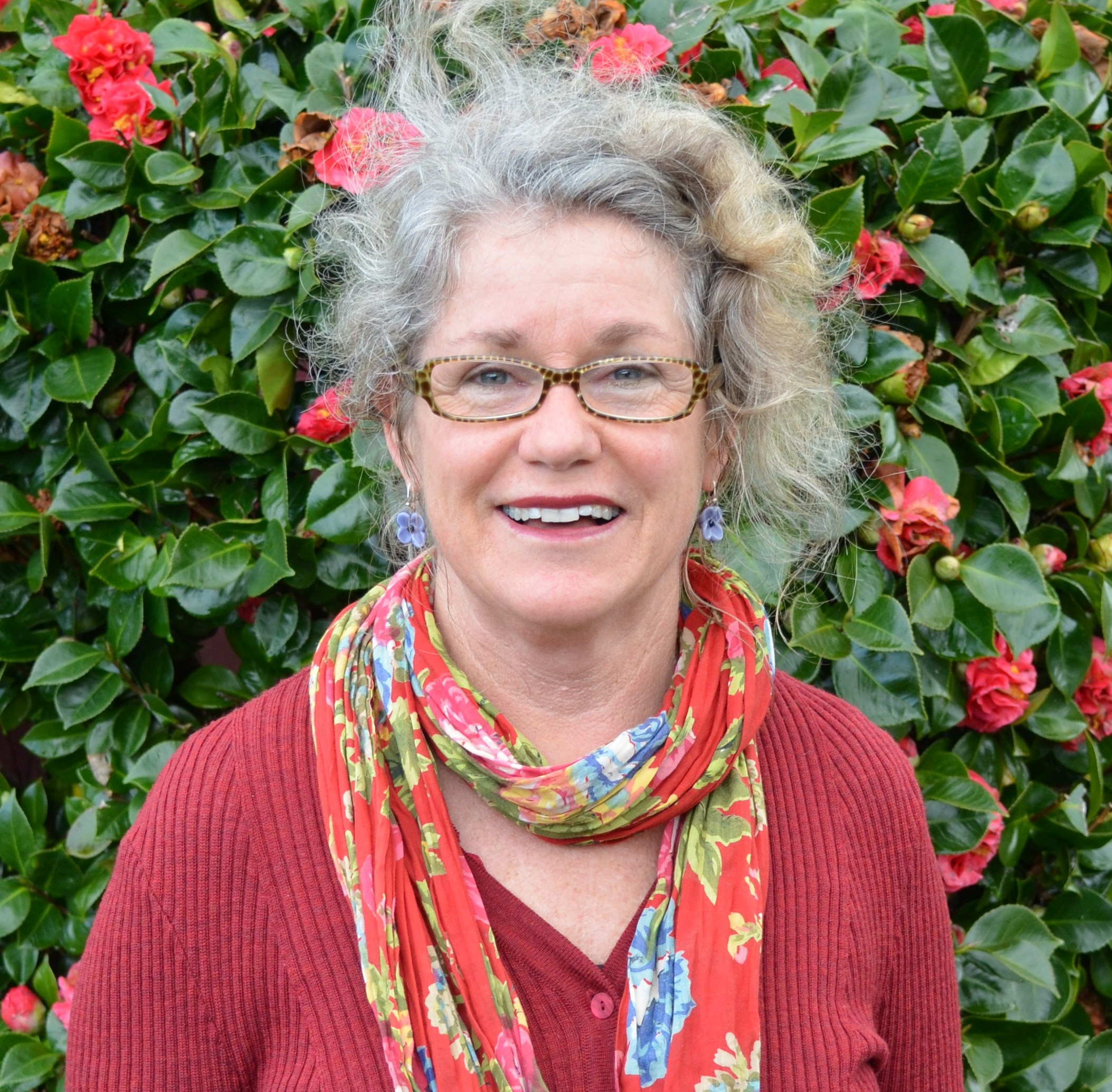
Image: Suzanne Vesty
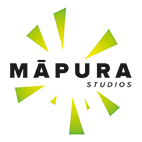
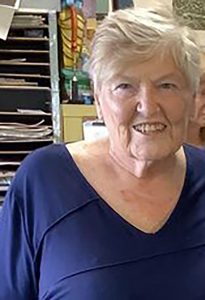
Image: Diana McPherson
Spark was re-named Māpura Studios in 2015 after a certain telecommunication company changed its name to Spark, creating quite a bit of confusion for us. Māpura means “spark, light” in te reo, and it was therefore a great transition for us.
Also, in 2015, Diana McPherson was appointed Director and brought a more business and financial focus to the studio.
She also extended the art programmes to include music, comics, dance therapy, singing and poetry, as well as growing the number of classes and establishing satellite classes throughout Greater Auckland.
These locations allow greater accessibility for a larger number of people.
In 2020, as a result of funding from the Ministry of Culture and Heritage, an initiative by the government to alleviate some of the effects of Covid-19, Māpura began to explore and grow connections in the South Auckland community. Over the past three years, free programmes have been established in Māngere, Ōtara, Manurewa, Penrose and Papakura. Fourteen programmes now run in these areas, meeting a real need in the community.
During the Covid years, Māpura also established a number of online creative programmes for disabled and disadvantaged people throughout New Zealand. Some of these MOA (Mȧpura Online Art) programmes continue today.
Our creative programmes cover a wide range of people, from specialist art therapy programmes for people who have experienced stroke, children and youth with autism, prison inmates, children in special schools and all types of disability. Māpura Studios celebrates diversity.
Currently we work with over 400 people weekly and offer 41 different creative programmes.
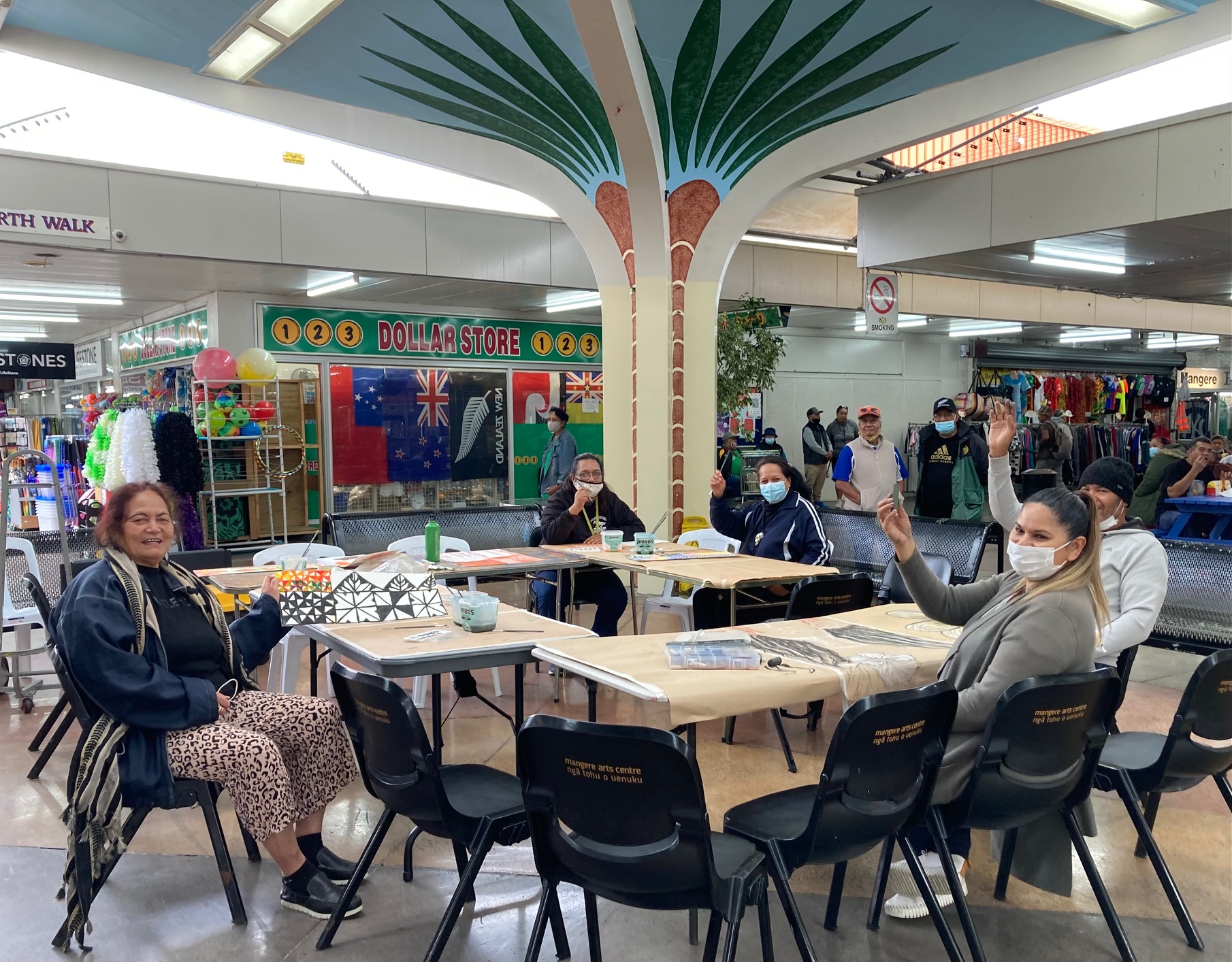
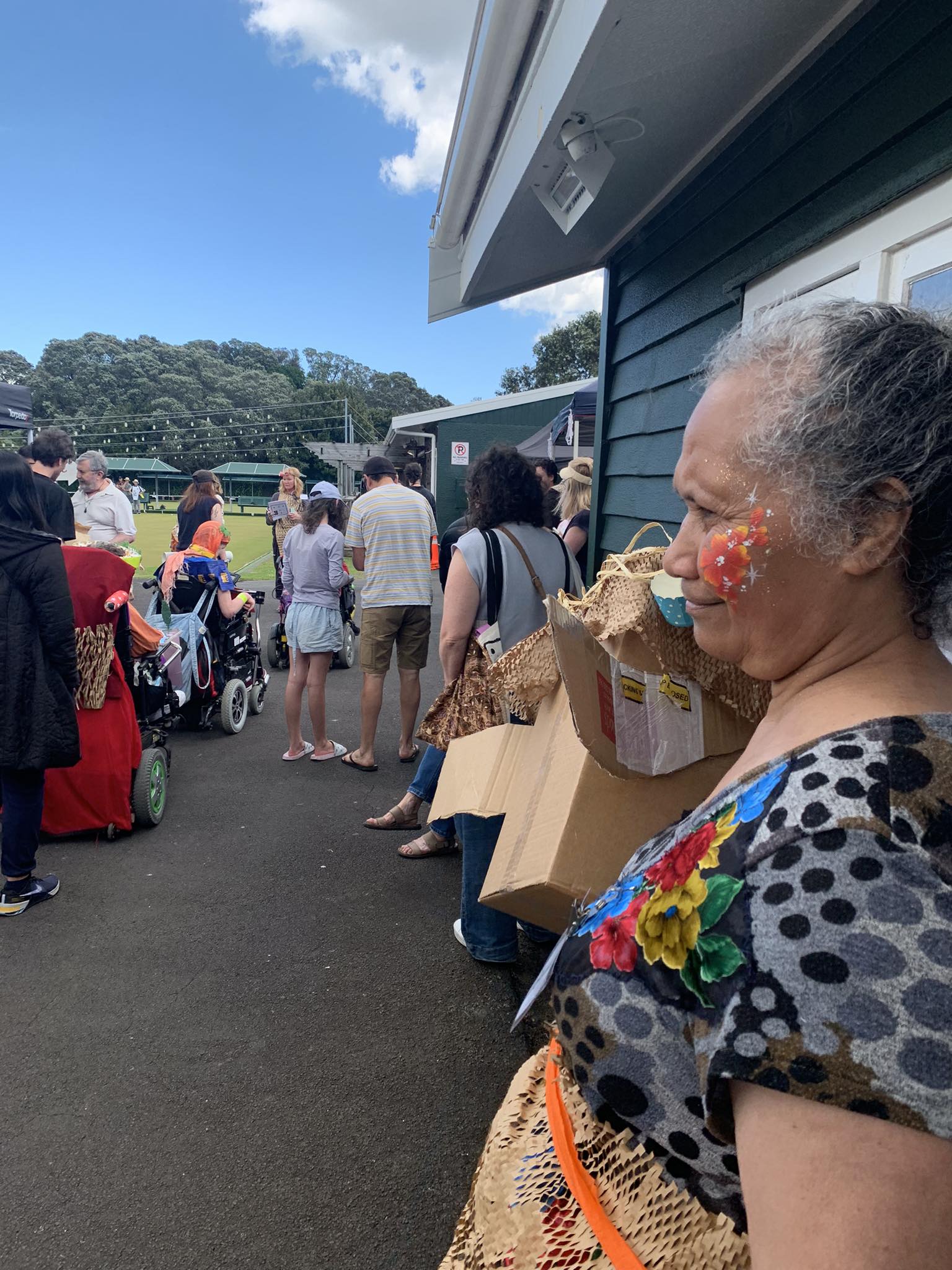
We are proud to be where we are today.
Our staff are key to our success. Our art tutors and arts therapists are talented and experienced and work with our artists to do the very best for each individual. They are passionate about the art, and dedicated to helping each of the artists to reach their potential.
Our volunteers kindly give up their time to assist both the tutors and the artists and we are very grateful to them.
The committed and creative administration team are equally passionate and keep the organisation humming. Without them, Māpura would not exist.
Our staff reflect the culture of fusion, where everyone is important and has a key part to play.
Our governance board meets quietly in the background, providing structure and vision for the organisation.
“Art makes me happy. I like coming here because the people are awesome, and I have come here for a long time and keep coming back because it feels good.”
Matthew Tucker
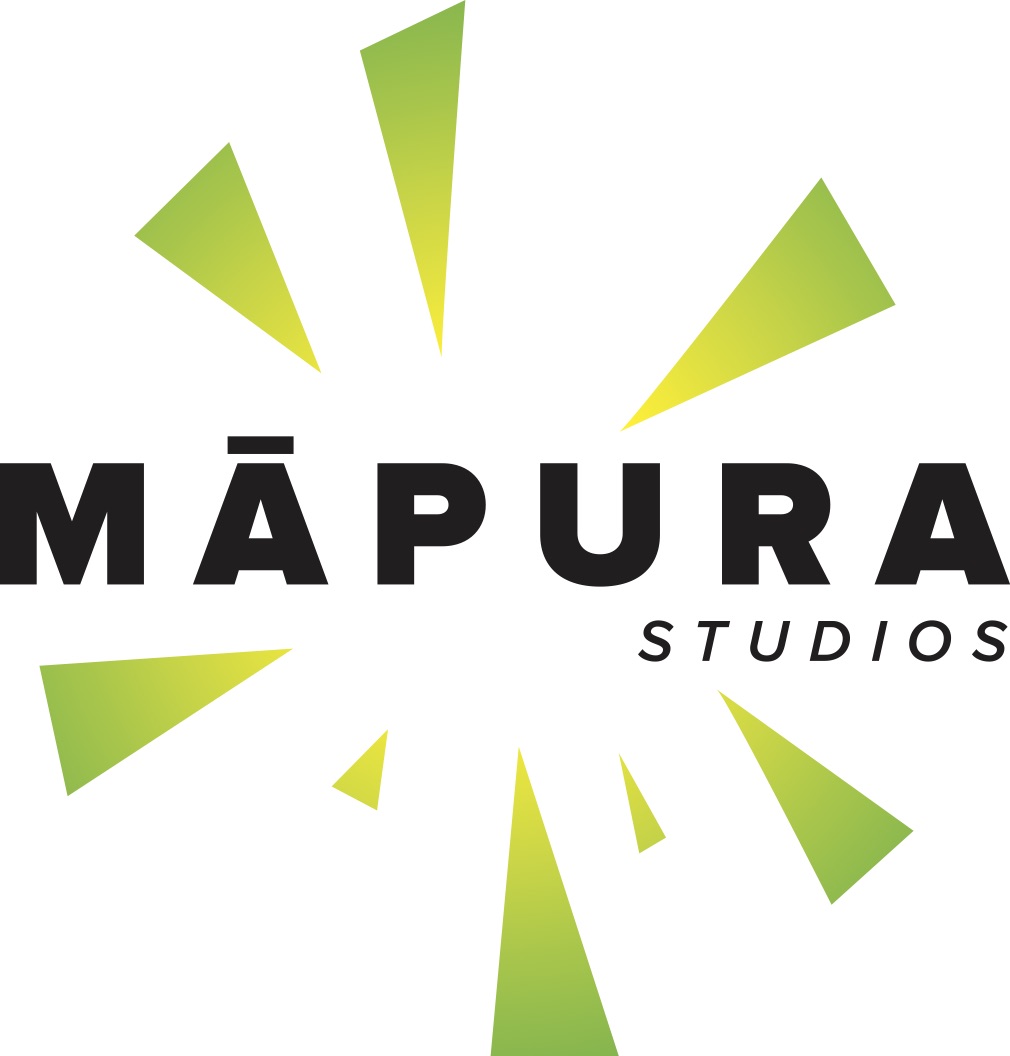
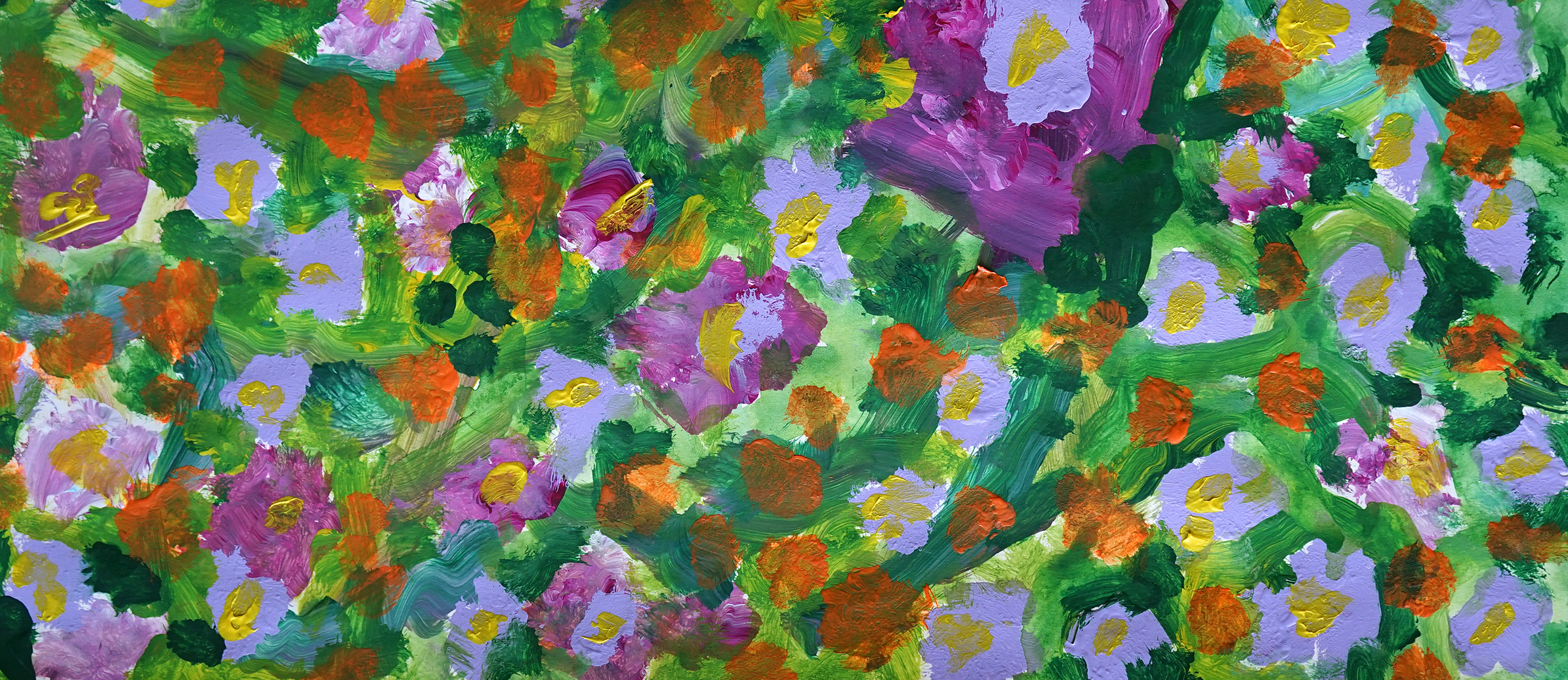
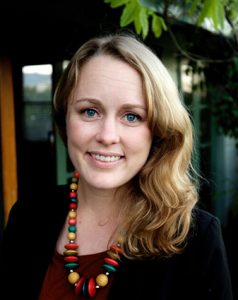
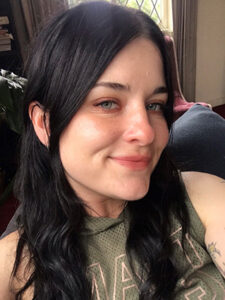
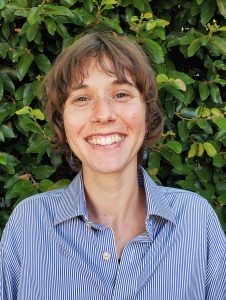
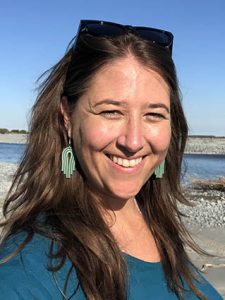
 Diana McPherson
Diana McPherson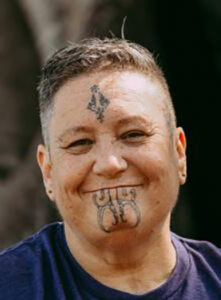
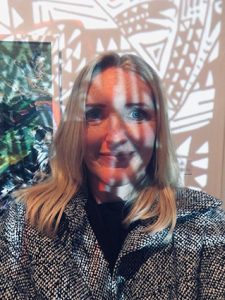
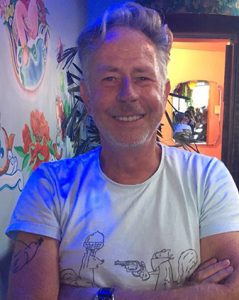
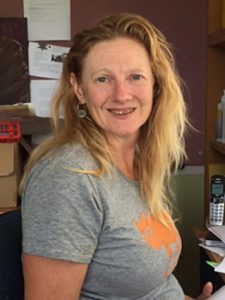 Alex McPherson
Alex McPherson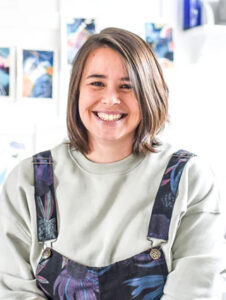
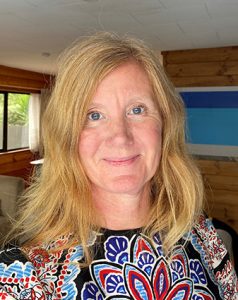 Cath O'Brien
Cath O'Brien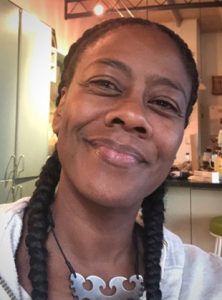 Alvie McKree
Alvie McKree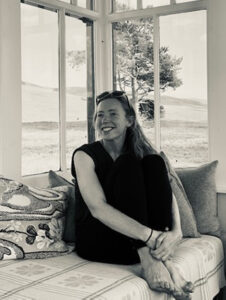
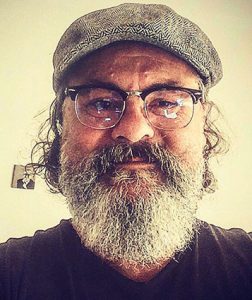
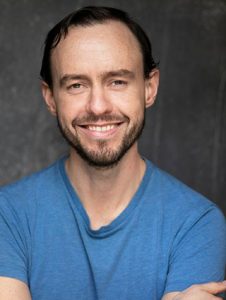 Daneil (Dan) Cunningham
Daneil (Dan) Cunningham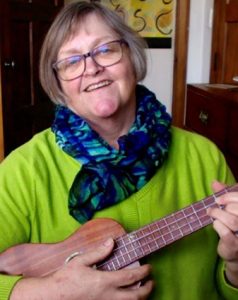
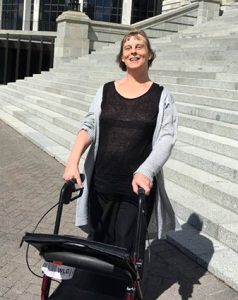 Allyson Hamblett KSM
Allyson Hamblett KSM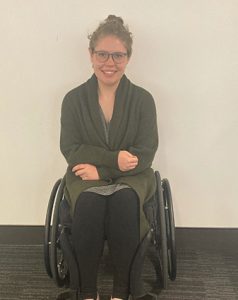
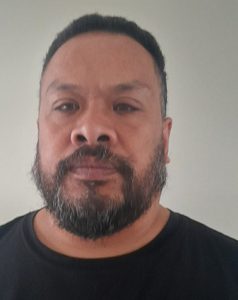
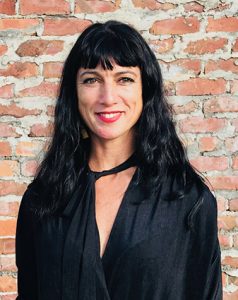 Emilia Rubio
Emilia Rubio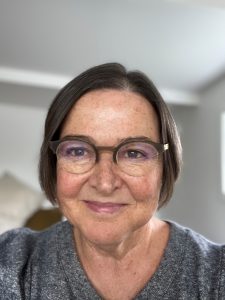 Jane Bawden
Jane Bawden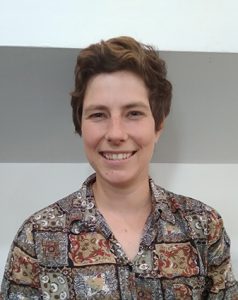
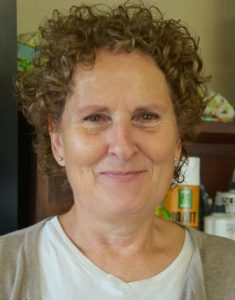
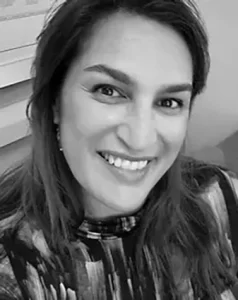
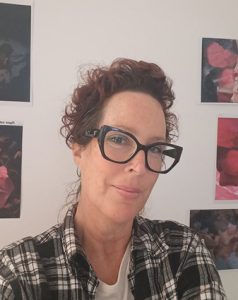
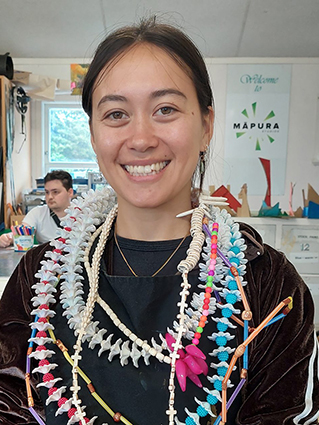
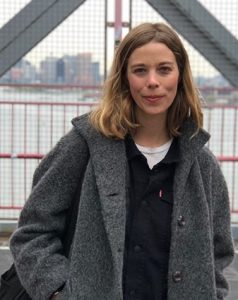
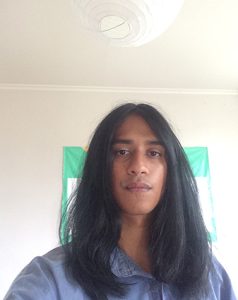
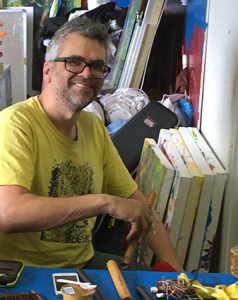
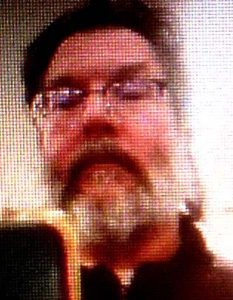
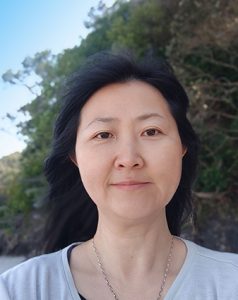 Xu
Xu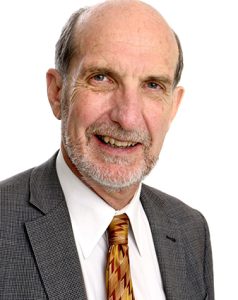
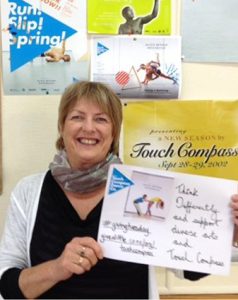
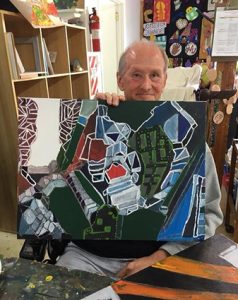
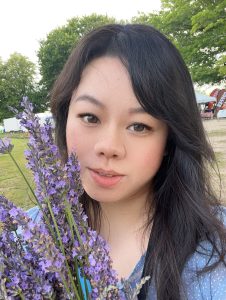 Chloe Mao
Chloe Mao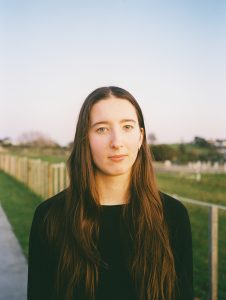 Gabrielle Stoddard
Gabrielle Stoddard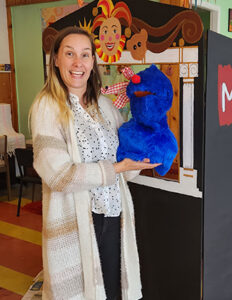
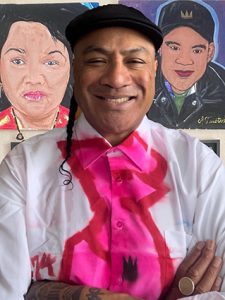
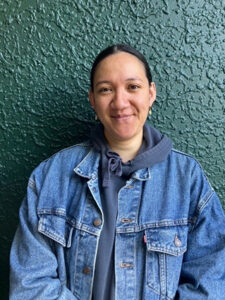 Monari Falepeau
Monari Falepeau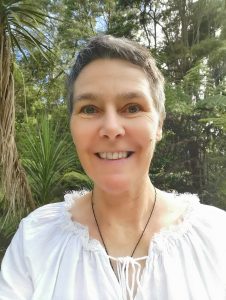 Merrin Fagan
Merrin Fagan